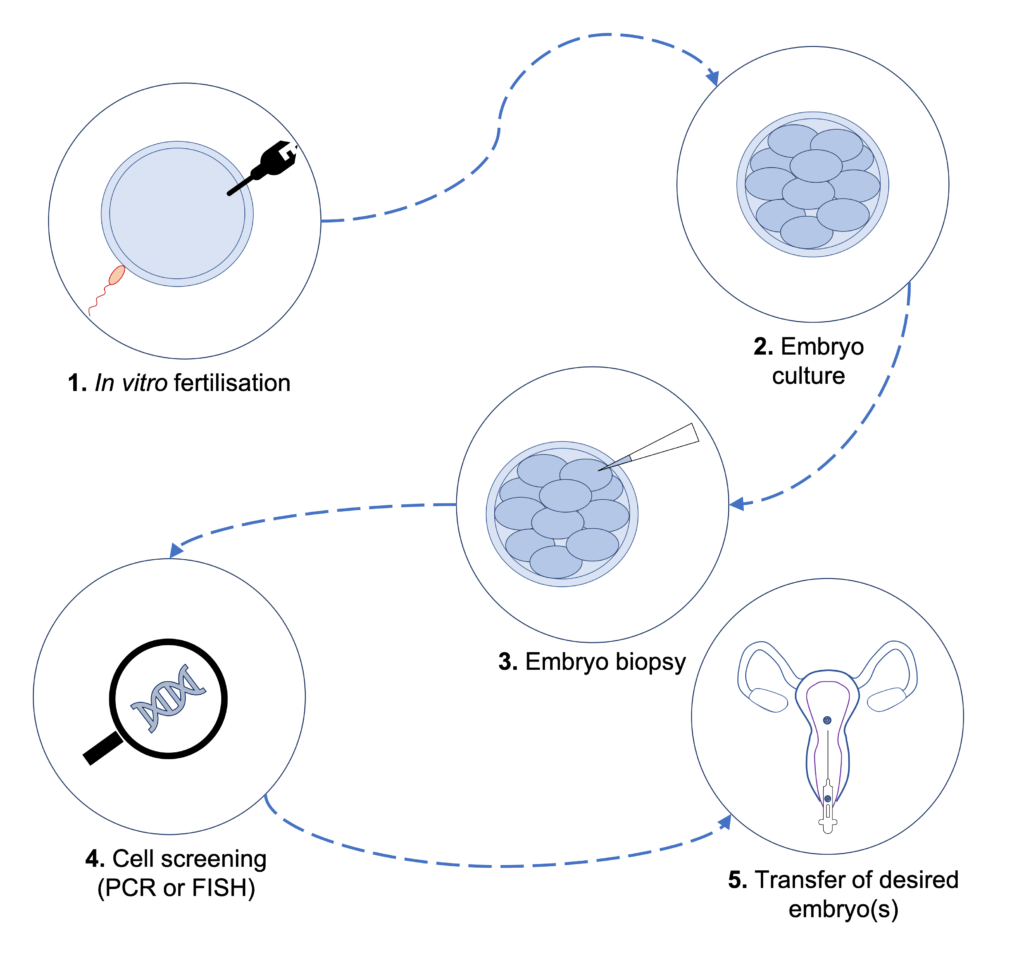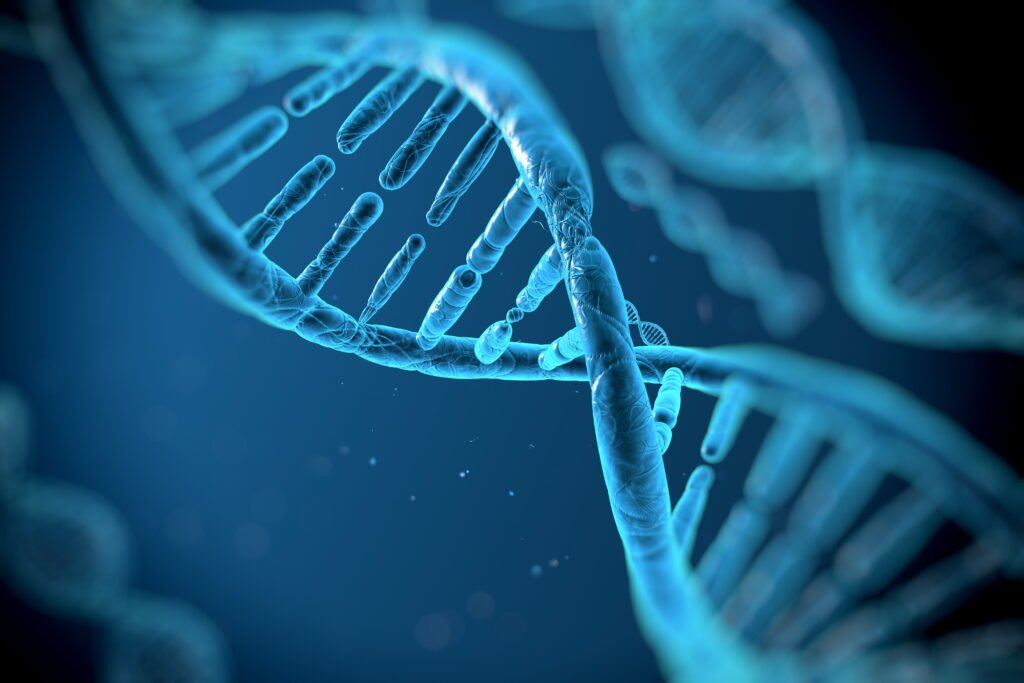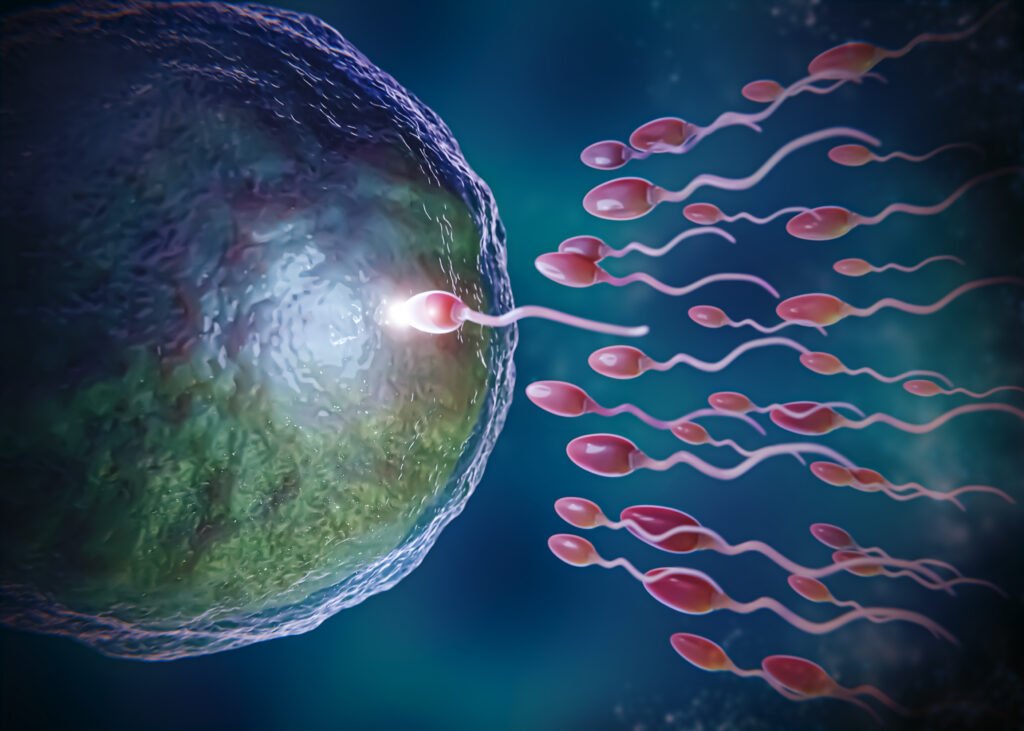What is PGD?
Preimplantation genetic diagnosis (PGD) is a technology used during in vitro fertilization (IVF) to assess the health of the embryo before implantation. PGD can identify genetic abnormalities, chromosomal disorders, or genetic conditions by examining small cells in the embryo. This important information allows parents and fertility doctors to decide where to transfer embryos, thus reducing the risk of pregnancy in the offspring.
The PGD Process Unveiled
Understanding the PGD process is important to understand its effects on fertility solutions. The journey begins by stimulating the ovaries to produce more eggs, which are then removed and placed in the laboratory. Once the embryo reaches the appropriate stage, some cells are carefully removed for genetic analysis. Embryos that do not show any genetic abnormalities are selected to be transferred to the uterus and a successful pregnancy is achieved.

The Power of Informed Choices
PGD allows couples to make decisions about childbearing. For those with a family history of genetic disease, PGD offers the opportunity to eliminate the genetic disease. Additionally, older women or those who have had a miscarriage may benefit from advanced PGD screening, which increases the risk of pregnancy.
Debunking Myths and Addressing Concerns
As with technological advances, there are some misconceptions about PGD. Some negative emotions need to be addressed, such as concerns about the safety of the surgery or ethical considerations. Individuals and couples should communicate openly and transparently with fertility specialists to understand the benefits and limitations of PGD.
Difference between PGD and PGS
Although PGD (preimplantation genetic diagnosis) and PGS (preimplantation genetic screening) are methods before embryo implantation, their contents and purposes are different. PGDPGS It refers to the screening of embryos for genetic disorders such as chromosomal aneuploidy. The aim of PGD is to have a disease-free child, while the aim of PGS is to improve the outcome of in vitro fertilization treatment and have a normal child.
Conclusion:
In the world of fertility solutions, pre-implantation genetic diagnosis is a beacon of hope, providing not only the vision of pregnancy but also the promise of a healthy and vibrant future for the next generation. PGD is changing the landscape of reproductive care by unlocking the mysteries of genetic health and giving those struggling with new pregnancies a chance to achieve their dreams of parenthood. As science continues to push the boundaries, the power of PGD offers insight into a future where overcoming pregnancy is not a possibility, but a reality.

